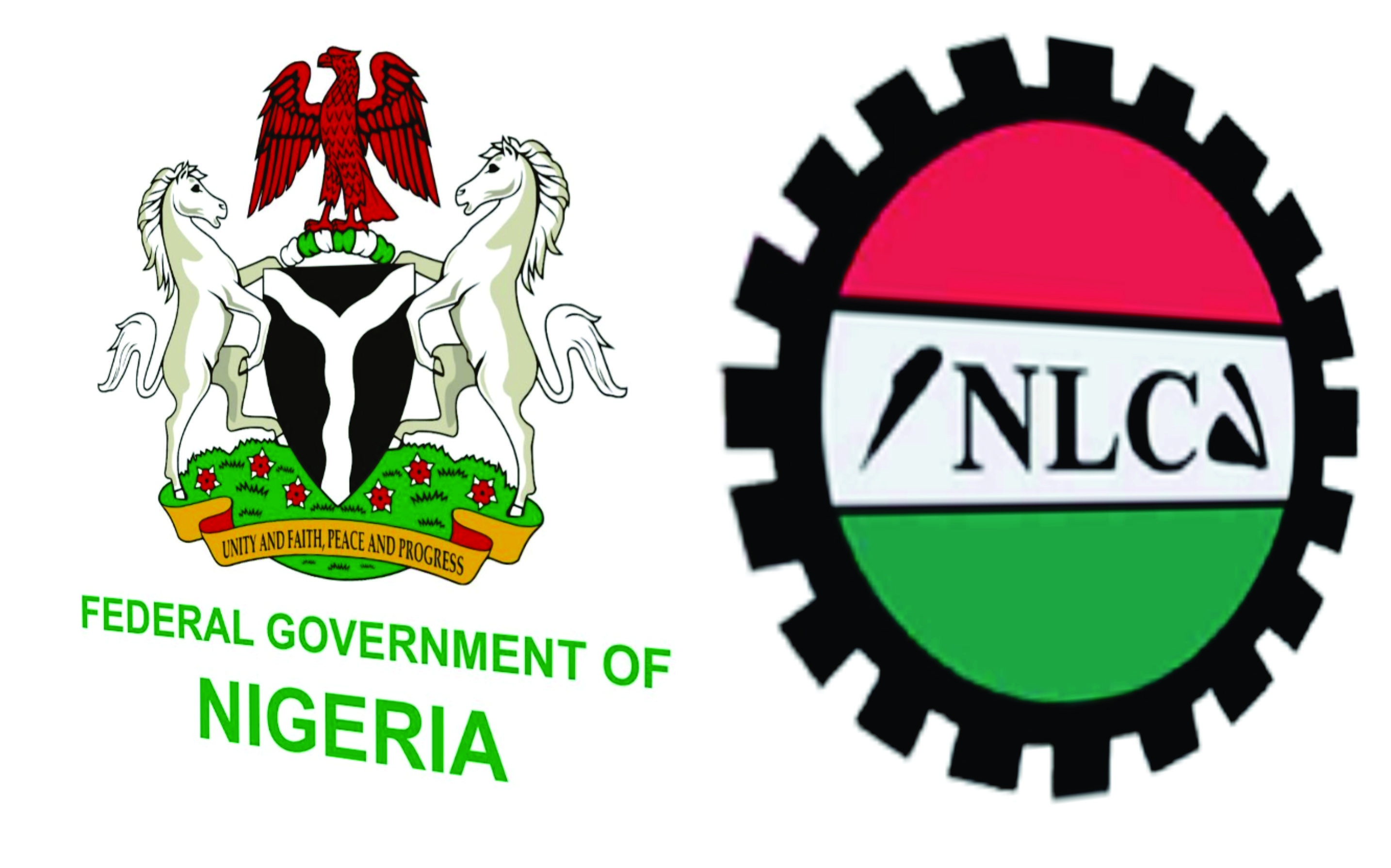Editorial
Solid Minerals, Cesspit Of Corruption

The recent revelations by former Labour leader and current Chair of the Senate Committee on Interior, Senator Adams Oshiomhole, have exposed a deeply troubling reality in Nigeria’s solid minerals sector. His disclosure that former military generals and foreign operators have systematically seized control of the country’s mineral deposits illuminates the extent of institutional decay and regulatory capture plaguing this vital economic sector.
Minister of Solid Minerals, Dele Alake’s confirmation of these allegations strengthens Oshiomhole’s claims. The minister’s clear identification of “powerful Nigerians” as the masterminds behind illegal mining operations, along with their alleged ties to terrorist financing networks, paints a troubling picture of the complex web of corruption that is undermining national security.
The audacious manner in which these mining syndicates operate reflects their deeply entrenched position within Nigeria’s power structure. Their apparent immunity from prosecution or oversight demonstrates how thoroughly they have infiltrated key institutions, enabling them to continue their exploitative activities without fear of consequences. This systemic failure has persisted across multiple administrations, highlighting the challenge of confronting these well-connected networks.
Former President Muhammadu Buhari’s tepid response to detailed intelligence briefings about the crisis represented a significant failure of leadership. The current administration under President Bola Tinubu appears to be following a similar pattern of inaction, raising serious questions about the political will to address the endemic corruption. This continued paralysis suggests either inability or unwillingness to challenge powerful vested interests.
The grim contrast between enforcement approaches in different regions of Nigeria reveals troubling inconsistencies in governance. While unauthorised petroleum refineries in the Niger Delta face swift and severe military action, illegal mining operations in the North continue largely unimpeded. This disparity in enforcement not only undermines the rule of law but also fuels regional tensions and perceptions of discriminatory treatment.
Selective enforcement practices by the government have created a dangerous precedent. Small-scale refiners in the South face immediate persecution, while large-scale illegal mining operations in the North proceed with apparent impunity. The uneven application of law enforcement has exacerbated security challenges and deepened existing regional divisions.
Shamefully, the deafening silence from authorities regarding widespread corruption in the mining sector strongly suggests high-level complicity. The “conspiracy of silence” has created an atmosphere of resignation among citizens, who witness the systematic looting of their national resources by a privileged few operating outside the bounds of law and accountability.
Further compounding this crisis is the psychological impact on the Nigerian populace. The visible impunity enjoyed by these mining cartels has fostered a sense of helplessness among ordinary citizens, who increasingly view government institutions as serving the interests of a corrupt elite rather than the general public.
Immediate and decisive actions are required to dismantle these criminal networks and restore integrity to the mining sector. Superficial reforms or symbolic gestures will prove insufficient; what’s required is a comprehensive strategy to investigate, prosecute, and punish all parties involved in illegal mining activities, regardless of their status or connections.
No one can imagine the security implications of allowing illegal mining to continue unchecked. The illicit funds generated from these operations provide essential financing for criminal organisations and extremist groups, creating a direct link between mineral theft and national security challenges. Addressing illegal mining therefore becomes critical for both economic and security reasons.
Reform of the extractive sector must extend beyond enforcement to include comprehensive regulatory overhaul. New frameworks must be established to ensure all mining operations adhere to strict environmental standards and contribute appropriately to national development. This includes implementing transparent permitting processes and ensuring proper revenue collection and distribution.
Transforming Nigeria’s mining sector represents a vital test of governance and national resolve. Success requires not only technical solutions but also the political courage to confront entrenched interests and implement lasting reforms. The future prosperity of Nigeria depends remarkably on whether its leaders can summon the will to protect and properly manage its vast mineral resources for the benefit of all citizens.
Editorial
AFCON ’25: Bravo, Super Eagles, But…

Editorial
Fubara: Celebrating A Leader At 51

Editorial
Beyond Accessing Bonny By Road

-

 Politics3 days ago
Politics3 days agoPFN Rejects Call For INEC Chairman’s Removal Over Genocide Comments
-

 Rivers3 days ago
Rivers3 days agoFasthire, PHCCIMA, CIPM Host CareerFest 2026 In PH
-

 Sports3 days ago
Sports3 days agoEnekwechi wins Orlen Cup in season opener
-

 Politics3 days ago
Politics3 days agoHoodlums Disrupt LP-ADC Defection Event In Lagos
-

 Sports3 days ago
Sports3 days agoFalconets, Senegalese Lionesses arrive Ibadan for qualifier
-

 Sports3 days ago
Sports3 days agoSimba open Nwabali talks
-

 Politics3 days ago
Politics3 days agoRemoval From INEC’s Portal, Abure-Led LP Faction Mulls Legal Action
-

 Niger Delta3 days ago
Niger Delta3 days agoTinubu, Jonathan, Diri Pay Last Respect To Ewhrudjakpo

